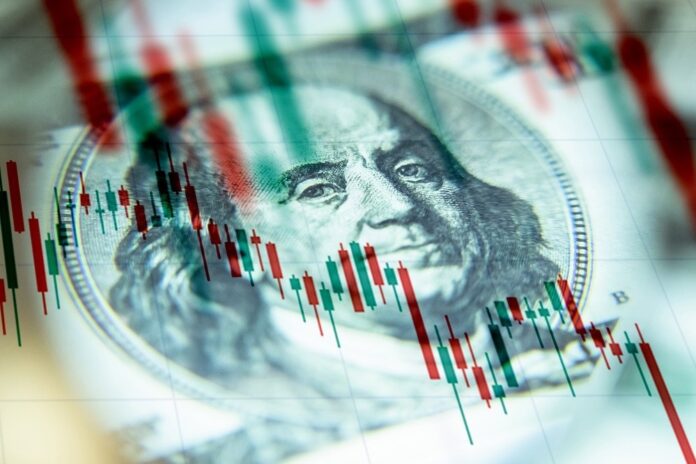WASHINGTON: The U.S. budget deficit hit a record $3.132 trillion during fiscal 2020, more than triple the 2019 shortfall due to massive coronavirus rescue spending, the U.S. Treasury said on Friday.
The deficit more than doubled the previous record of $1.416 trillion in fiscal 2009, when the United States was battling a financial crisis.
At the start of the 2020 fiscal year ended Sept. 30, the U.S. government had been forecast to rack up a $1 trillion deficit before coronavirus lockdowns began in March, shutting down large portions of the travel, retail and small business sectors of the economy.
Outlays for fiscal 2020 jumped $2.105 trillion from 2019 to a total of $6.55 trillion, with the increase made up almost entirely from coronavirus aid programs: increased healthcare costs, stimulus checks and unemployment compensation, along with the cost of small business and corporate rescue programs approved by Congress.
As a result of programs that kept paychecks flowing to laid off workers through September, receipts for the full year fell only about 1% or $43 billion from fiscal 2019, totaling $3.42 trillion.
The final fiscal 2020 deficit numbers come as the Trump administration and Congress have been unable to agree on a new round of coronavirus stimulus, with many Senate Republicans calling for fiscal restraint in another package.
A joint statement from the U.S. Treasury and the White House Office of Management and Budget emphasized an “incredible comeback” of economic activities as businesses reopened over the summer months.
“The administration remains fully committed to supporting American workers, families, and businesses and to ensuring that our robust economic rebound continues,” Treasury Secretary Steven Mnuchin said.
In September, the year’s final month, the U.S. budget deficit was $125 billion, compared with an $83 billion surplus in September 2019, the Treasury said.
September receipts totaled $373 billion, just $1 billion below a year earlier as higher Federal Reserve earnings and excise tax collections made up for lower personal and corporate income tax receipts. September outlays rose by $206 billion from a year earlier to $498 billion, due to COVID-19 related spending.
























